On May 5, 2025, President Donald Trump signed an executive order to reduce regulatory barriers to domestic pharmaceutical production. The order directs the Food and Drug Administration (FDA) to review and eliminate duplicative or unnecessary regulations that hinder the development of domestic pharmaceutical manufacturing. It also mandates the FDA to improve enforcement of data reporting by foreign producers and consider publicly displaying a list of non-compliant facilities.
Streamlining Approvals and Tightening Oversight
The Environmental Protection Agency (EPA) is instructed to expedite the construction of facilities designed to manufacture prescription drugs, active pharmaceutical ingredients, and other necessary raw materials. The EPA will serve as the lead agency for permitting pharmaceutical manufacturing facilities requiring an Environmental Impact Statement, coordinating with other agencies to streamline the approval process.
Additionally, the executive order calls for the U.S. Army Corps of Engineers to review nationwide permits under the Clean Water Act and the Rivers and Harbors Appropriation Act to determine if activity-specific permits are needed to facilitate efficient permitting of pharmaceutical manufacturing facilities.
Industry Response and Economic Implications
Several major drugmakers have announced significant investments in U.S. facilities in response to the administration’s push for domestic pharmaceutical manufacturing. Eli Lilly plans to invest $50 billion to build four new production facilities to reduce reliance on foreign pharmaceutical ingredient sources and enhance supply chain security. Similarly, Gilead Sciences has announced an additional $11 billion investment to expand its domestic manufacturing and research capabilities, bringing its total planned U.S. investment to $32 billion through 2030.
These investments are expected to create thousands of jobs and generate significant economic value. Gilead estimates its new investment will create at least 800 direct jobs and over 2,200 indirect jobs by 2028, contributing approximately $43 billion to the U.S. economy over the following five years.
The administration’s actions also include potential tariffs on pharmaceutical imports, with President Trump indicating that details will be announced within the next two weeks. These measures are intended to encourage domestic production and reduce dependence on foreign sources for critical medicines.

